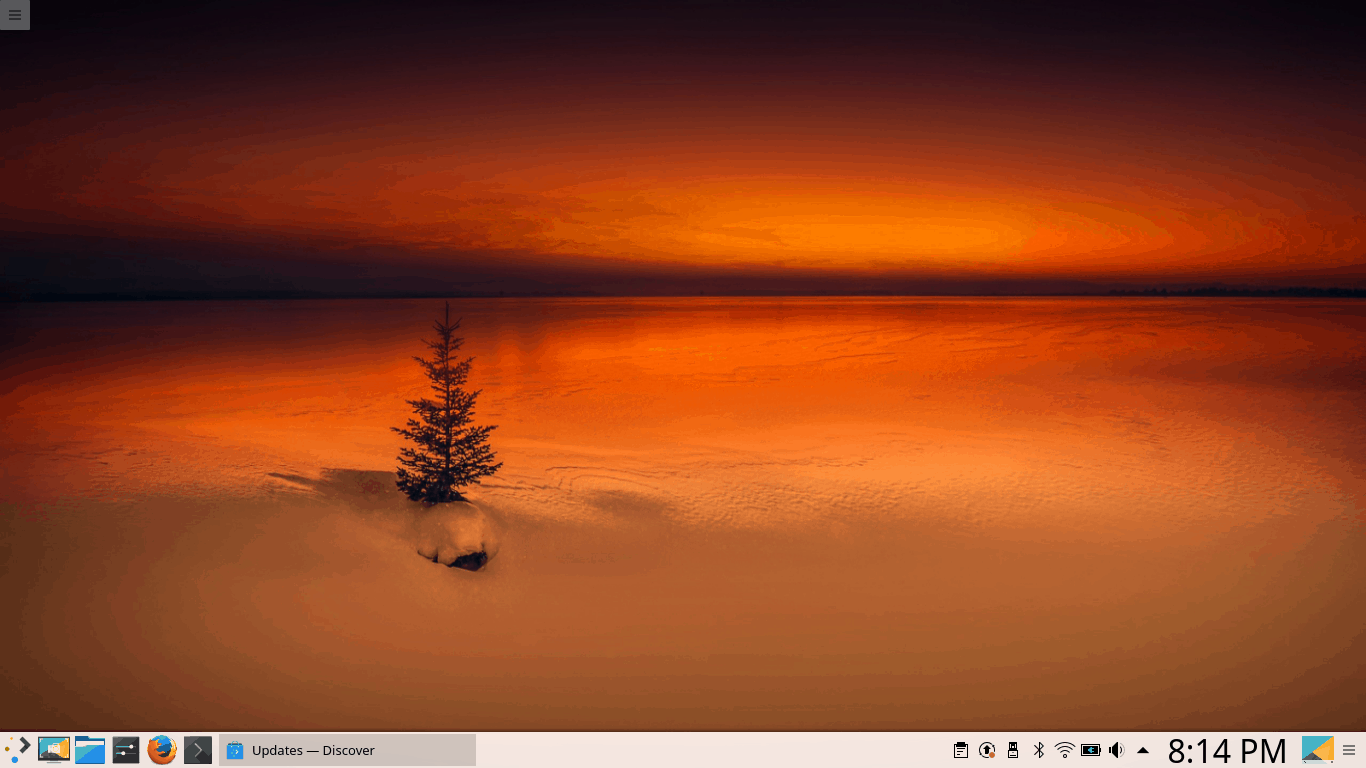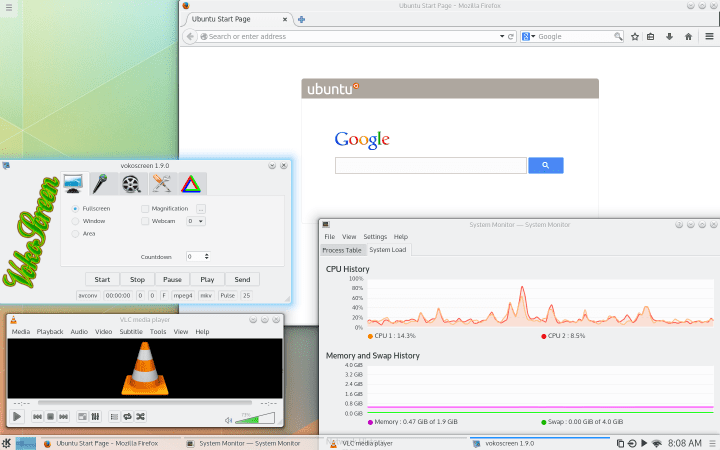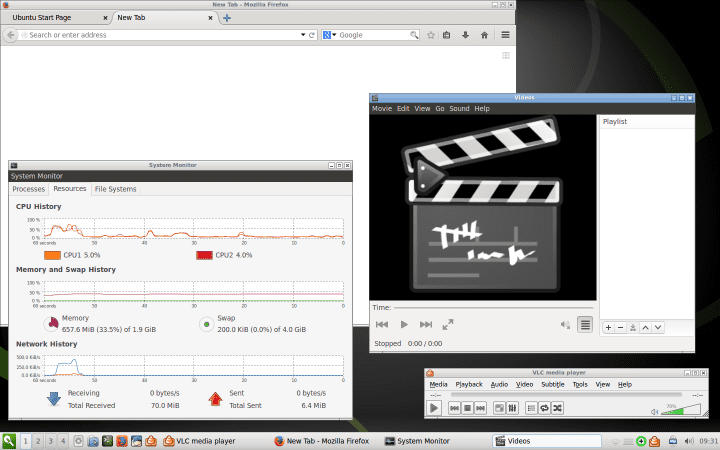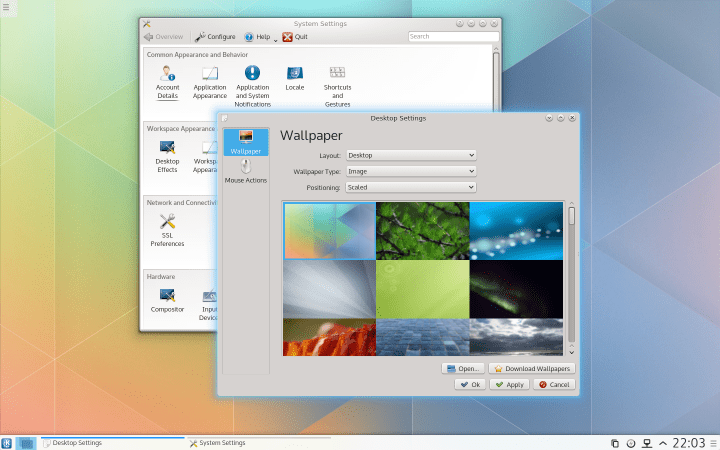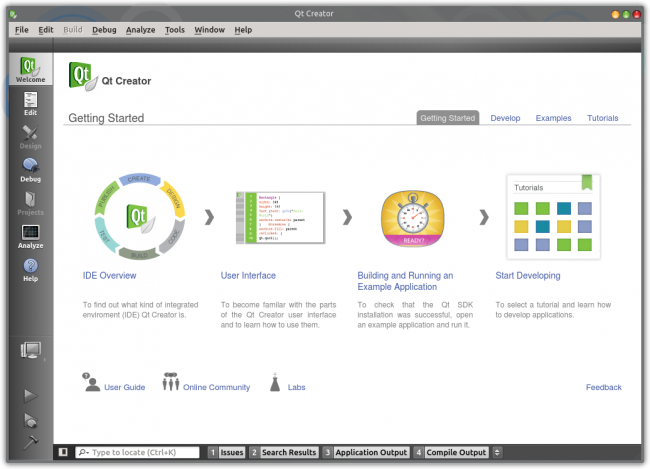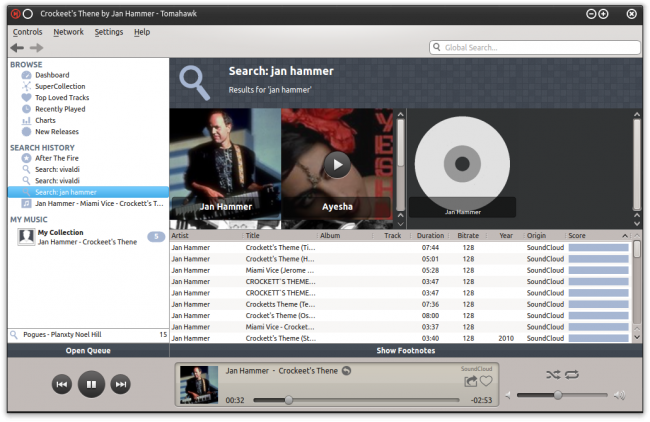The State of Plasma
February 17th, 2017 by Dedoimedo
Over the years, my experience with KDE can best be described as a rollercoaster – on ice, with rocket thrusters. KDE3.5 was a great release, followed by a somewhat mellow, emotionally curbed KDE4, which took years blossoming, and then when it finally gained solid form, it was replaced with KDE5, or rather, Plasma 5. Since 2014, Plasma has kept me entertained and disappointed in equal measures. At some point, I had it crowned my favorite desktop, and then it went downhill steeply, fast, struggling to recover. Not helping was the slew of bugs and regressions across the distro space, which exacerbated… Continue Reading
Plasma 5 – Ano’er opinion
September 5th, 2014 by Dedoimedo
Several days back, when I saw an article covering Plasma 5, written by my colleague Luis, I immediately stopped reading. The reason was, I intended to write a piece of my own, and I did not want to taint my subjectivity with someone else’s. I promised myself I would read it, just a few moments before I conclude this review. Anyhow, I tested the new KDE release while still in an early stage several months back, and it showed great beauty and decent promise, despite being rather devoid of any real functionality. Since, dozens of releases have been baked, each one… Continue Reading
A first look at LXQt
June 7th, 2014 by Dedoimedo
LXQt is the next generation of the Lightweight Desktop Environment, which means LXDE is dead, long live its successor. Yes? Something like that. Perhaps it makes sense. Rebuild the good stuff using a new, efficient framework. But then, reading some more, you will see that the word ‘port’ is used, which could indicate a branching of effort without pruning any old twigs. Hm, interesting. Anyhow, I’d like to see what LXQt can offer. Is it a viable idea to even begin considering? Especially in a highly saturated sphere of Linux desktop environments, most of which are tightly coupled to distributions… Continue Reading
What’s next? Plasma Next!
May 23rd, 2014 by Dedoimedo
KDE5 is one of the more important upcoming software packages in the Linux world. There are quite a few reasons why this is the case, and I’d like to emphasize a couple in this opening section. The first, the critical satisfaction factor uncertainty, which comes to bear following the KDE3.5 to KDE4 fiasco. This one has left many a user with a bitter taste, and worse yet, a sense of fear that the familiar and friendly, which they’ve come to love, may be gone in a single moment of binary code fury. The second one is, this is the first… Continue Reading
The future of mobile is cute
May 15th, 2013 by Dedoimedo
After testing the KDE Plasma Netbook workspace quite thoroughly over the last few weeks, I got myself thinking. Is there something inherently successful about KDE, or the enabling framework underneath the hood, called Qt? Not that I’m any big fan of mobile technologies, still, I can appreciate good, thorough design when it happens. So I decided to explore this venue, from the purely user space perspective. Examples, examples, examples This is much like Steve Ballmer’s Developers Developers Developers slogan, only different. Anyhow, without boring you with history lessons on how Qt came to be, purchased, sold and acquired by different… Continue Reading
Music players shakedown
September 18th, 2012 by Dedoimedo
Playing music is easy, just choose a media player of some sort and fire up a few songs. With the right plugins or codecs installed, you will hear sound pouring from the speakers. Easy. However, finding the right software to suit your needs, taste and mood, and help you organize music – is not. Today, we have a little contest coming up, between Amarok, Clementine, and Tomahawk. Amarok As you probably know, Amarok is a popular music player for KDE desktops, perhaps the most popular. The list of capabilities is truly impressive. Amarok will run on Windows, if you are so… Continue Reading
Review: Lyx
April 27th, 2012 by Luis Augusto Fretes Cuevas
There are many office application available for Linux, but very few designed for people who need to deal with many numbers, Lyx is designed to write documents with a lot of mathematics, but don’t get confused, it will handle your regular documents just as well. Among scientists LaTeX has been some sort of standard, however, it is complicated to learn and may scare newcomers, or, well, curious people. Lyx is a Qt application designed to offer mathematical capabilities (is built around LaTeX) while offering a user friendly interface and a relatively small learning curve. Lyx is also different from other… Continue Reading

